7th Hungarian Film Days in Korea - Judit Elek retrospective
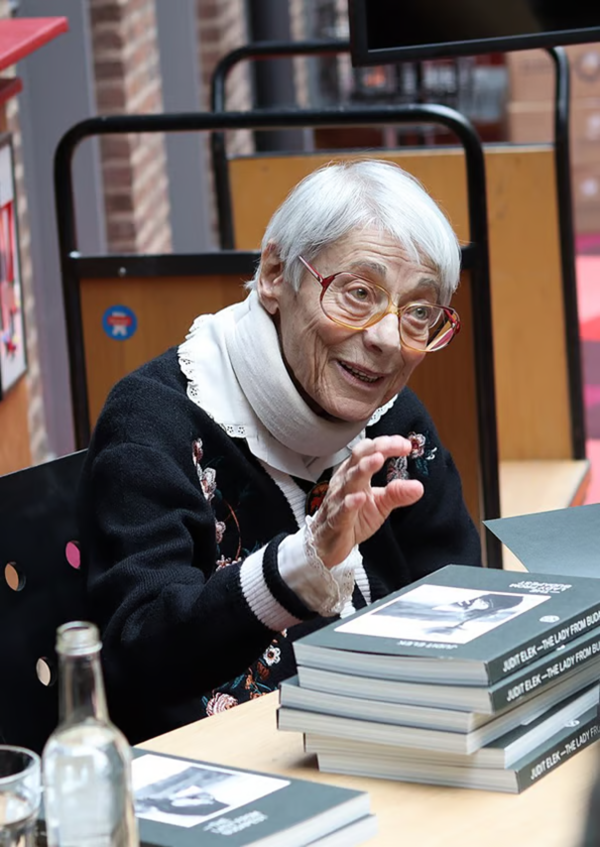
[아츠앤컬쳐] 2025년 제7회 헝가리 영화제는 헝가리 영화의 활력과 예술적 깊이를 보여줍니다. 상영은 두 개의 상영관에서 진행되며, 첫 두 주말에는 서울의 대표 예술영화관인 서울아트시네마, 이어지는 주말에는 부산국제영화제가 열리는 부산영화의전당에서 상영된다.
지난해 마르타 메사로시 감독의 회고전에 이어, 올해는 또 한 명의 선구적인 여성 영화감독 유디트 엘레크를 조명한다. 40여 년에 걸친 그녀의 영화 인생은 헝가리뿐 아니라 세계 영화사에서도 중요한 장을 차지한다. 영향력 있는 벌라즈 벨라 스튜디오의 창립 멤버로서 엘레크는 1960년대 이후 헝가리 영화의 새로운 방향을 제시하며, 극영화와 다큐멘터리의 경계를 넘나드는 실험적인 작품 세계를 펼쳤다.
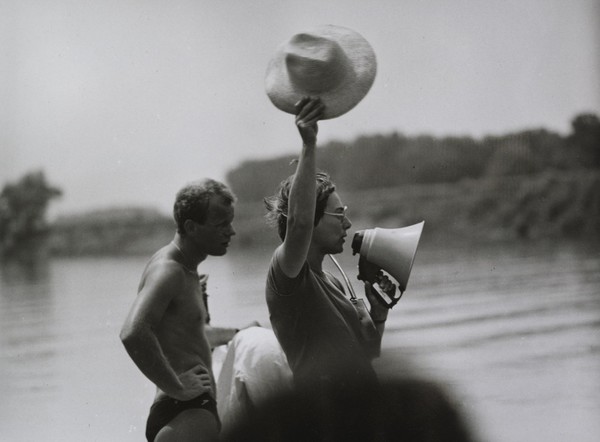
2025년 10월 1일, 그녀의 별세로 헝가리는 가장 존경받는 영화인을 잃었다. 그녀는 헝가리 최고 권위의 코슈트상과 벌라즈 벨라상을 수상한 바 있다. 1937년 부다페스트에서 태어난 엘레크는 어린 시절부터 영화에 매료되었고, 영화관에서 보낸 시간들을 발판 삼아 헝가리 연극영화대학교에서 연출을 전공했다. 이후 부다페스트 필름 스튜디오에서 극작가로 경력을 시작했으며, 헝가리 누벨바그 세대의 핵심 창작자로 떠올랐다. 그녀의 작품은 인간적인 시선과 시적 리얼리즘, 사회적 감수성으로 잘 알려져 있으며, 개인의 체험과 헝가리 역사적 맥락의 교차점을 탐구한다.
엘레크의 작품 세계는 헝가리의 격동의 20세기를 섬세하고 개인적인 시선으로 담아낸다. 그녀의 대표작 〈마리아의 날(Mária nap, 1984)〉은 칸영화제 ‘주목할 만한 시선’ 부문에 초청되었고, 〈강의 추억(1989)〉은 반유대주의와 역사적 편견을 다루며 몬트리올과 크레테이유 등 여러 국제 영화제에서 수상했다. 16편에 이르는 그녀의 필모그래피는 현실과 허구의 경계를 허물며, 일상의 결을 세밀하게 포착하고 인간 감정의 복잡성을 섬세하게 표현한다.
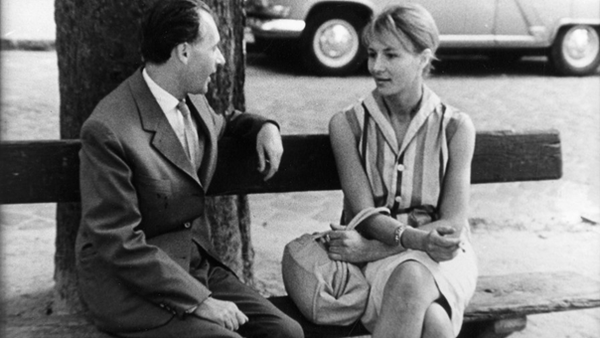
이번 제7회 헝가리 영화제에서는 엘레크 감독의 예술적 여정을 조망하는 대표작 9편을 상영한다.
〈만남, 1963)〉 리얼리즘과 즉흥성을 결합한 실험적 단편
〈성의 주민들, 1966)〉 유산과 정체성의 미묘한 초상
〈인간은 얼마나 오래 사는가?(1967)〉 세대와 연속성에 대한 고찰
〈콘스탄티노플에서 온 여인(1969)〉 현대 부다페스트의 고독을 게릴라식 촬영한 데뷔작
〈헝가리의 한 마을(1974)〉 농촌 변혁의 친밀한 연대기
〈아마도 내일(1980)〉 세대의 정서를 포착한 드라마
〈마리아의 날(1984)〉 칸에서 영예를 안은 시적 역사극
〈강의 기억(1989)〉 반유대주의를 성찰한 역사적 드라마
〈각성(1994)〉 탈공산주의 시대의 쇄신과 성찰
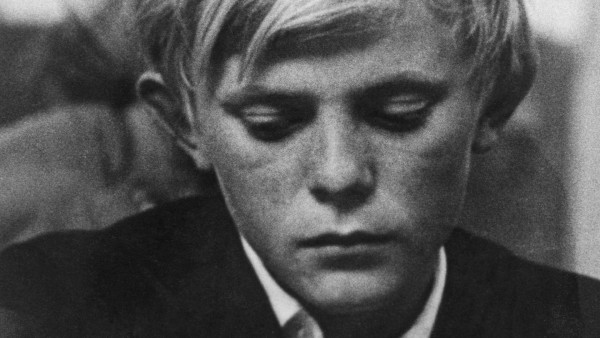
이 작품을 통해 한국 관객들은 유디트 엘레크의 강렬하고 시적인 영화 언어를 새롭게 만나볼 수 있을 것이다. 그녀의 작품은 개인과 사회, 현실과 상상의 경계를 잇는 다리이자, 헝가리 영화의 정수를 보여주는 유산이다. 이번 회고전이 그녀의 예술세계를 기리며 경의를 표하는 추모의 자리가 되길 바란다.
서울아트시네마: 10월 24~26일 & 10월 31일~11월 2일
부산영화의전당: 11월 7~9일
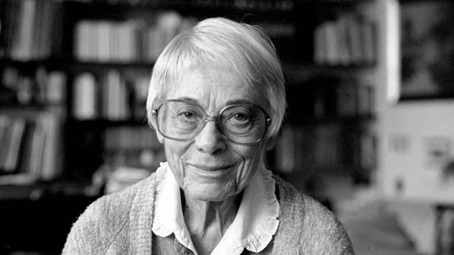
The 7th Hungarian Film Days in Korea - Judit Elek retrospective
The 7th edition of the Hungarian Film Days continues in 2025 showcasing the vitality of Hungarian cinema in Korea. Screenings will be held across two major venues: during the first two weekends at Seoul Art Cinema—one of Seoul’s premier arthouse theaters—and the following weekend at the Busan Cinema Center, home of the Busan International Film Festival.
Following last year’s focus on Márta Mészáros, this year’s Hungarian Film Days pay tribute to another pioneering female filmmaker, Judit Elek. Her career, spanning more than four decades, represents a vital chapter in both Hungarian and international film history. As one of the founding members of the influential Balázs Béla Studio, Elek helped redefine Hungarian cinema from the 1960s onward, experimenting with form and blending fiction and documentary in bold new ways. Following her recent passing on 1st October 2025, Hungary lost one of its most acclaimed filmmakers, a recipient of prestigious Kossuth and the Balázs Béla Prizes.
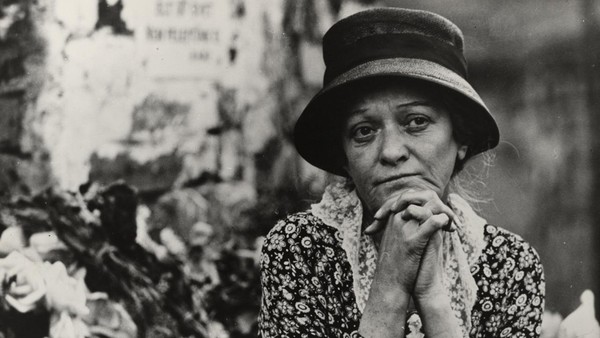
Born in Budapest in 1937, Elek developed an early fascination with the world of film, spending her youth at movie theaters and later studying directing at the University of Theatre and Film Arts. She began her career as a dramaturg at Budapest Film Studio before emerging as a key creative voice within Hungary’s New Wave generation. Her films are known for their deeply human perspective, poetic realism, and social sensitivity—qualities that explore the intersection between personal experience and the broader currents of Hungarian history.
Elek’s oeuvre reflects Hungary’s turbulent twentieth century through an intimate lens. Her acclaimed feature Maria’s Day (Mária nap, 1984) was screened in Cannes’ Un Certain Regard section, while Memories of a River (Tutajosok, 1989), an exploration of anti-Semitism and historical prejudice, received major awards at international festivals including Montreal and Créteil. Across her sixteen films, Elek continually blurred the line between reality and fiction, using the camera to capture the texture of everyday life and the complexity of human emotion.
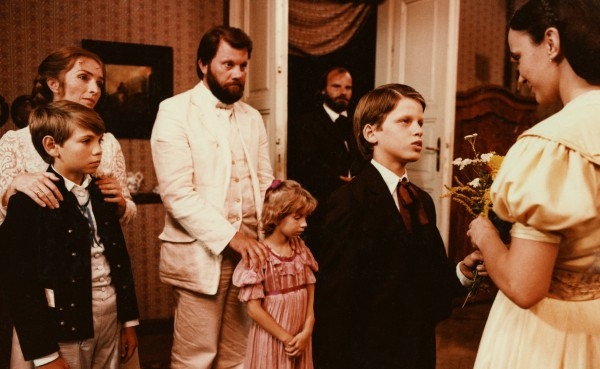
The 7th Hungarian Film Days program presents nine representative works by Judit Elek, tracing her artistic evolution from early experimental shorts to award-winning feature films. Highlights include:
- Encounter (1963) – a pioneering short blending realism and improvisation.
- Inhabitants of Castles (1966) – a subtle portrait of heritage and identity.
- How Long Does Man Live? (1967) – on generations and continuity.
- The Lady from Constantinople (1969) – a guerrilla-style debut exploring loneliness in modern Budapest.
- A Hungarian Village (1974) – an intimate chronicle of rural transformation.
- Maybe Tomorrow (1980) – a drama capturing generational moods.
- Maria’s Day (1984) – a poetic historical feature honored at Cannes.
- Memories of a River (1989) – confronting anti-Semitism through historical reflection.
- Awakening (1994) – a meditation on renewal in post-communist Hungary.
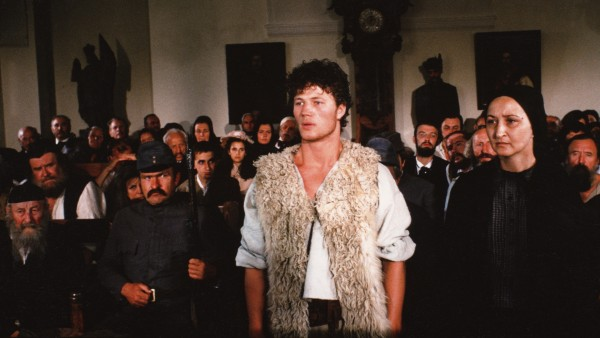
Through this selection, Korean audiences are invited to rediscover Judit Elek’s powerful cinematic language—bridging the personal and the political, the real and the imagined—and to celebrate her lasting influence on Hungarian and world cinema. We hope it will also stand as a respectful tribute to her memory.
Screenings: Seoul Art Cinema: Oct 24–26 & Oct 31–Nov 2
Busan Cinema Center: Nov 7-9

글 ㅣ 루자 카타린 Katalin Ruzsa
주한리스트헝가리문화원 문화사무관
Liszt Institute - Hungarian Cultural Center Seoul


